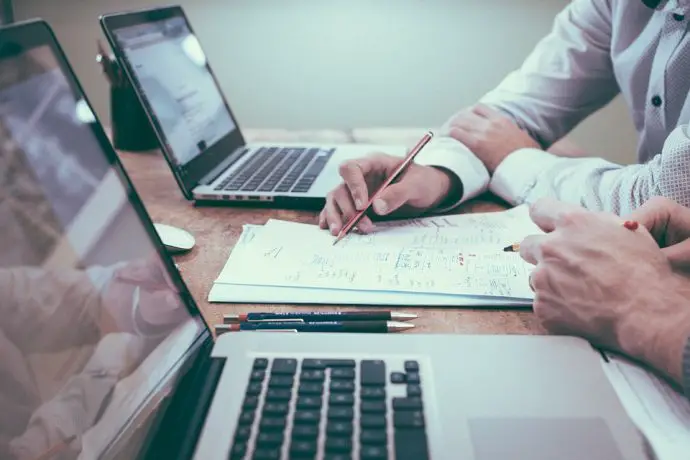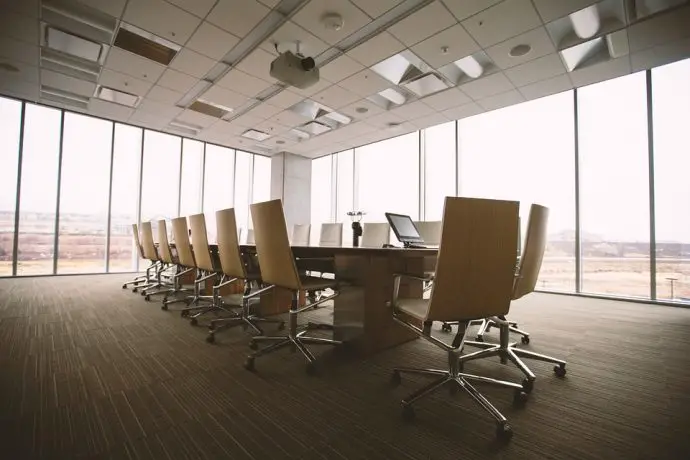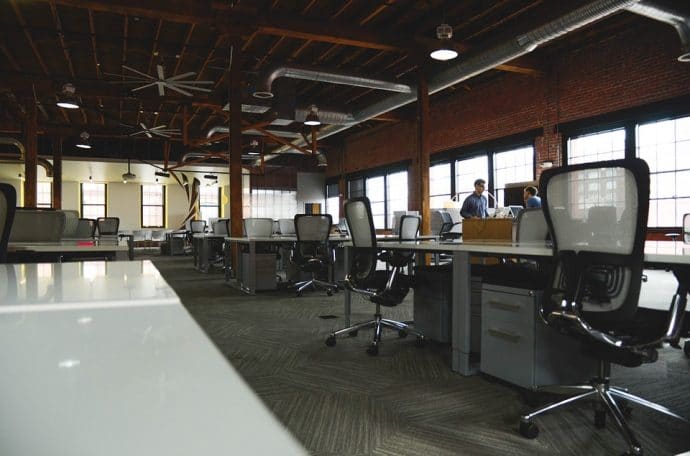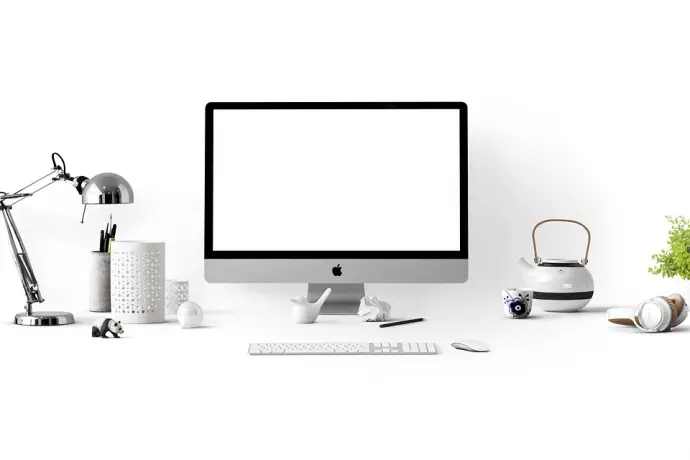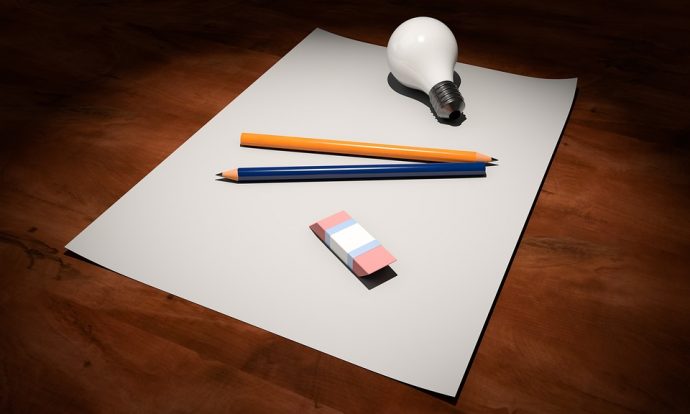Deciding to start a business is always exciting – but for most new entrepreneurs, that excitement is often suppressed by the anxiety, uncertainties, and doubt that comes with the decision. These feelings usually arise from fear of being financially inadequate to start the business the way you want to and worrying about whether the business will be profitable or not in the medium to long-term.
Start-up costs can vary depending on the size of the business or the vision. You have to lease or rent an office space, hire staff, purchase equipment, and these are just some of the obvious costs. There are others like getting business licenses and permits, business cards and website hosting and other branding/promotional material.
Here, we have rounded up 5 crucial start-up costs that must be considered when drawing up your business plan.
-
Office Space
Renting or leasing an office space can be quite pricey depending on the size and location of your business. If you can, we suggest you work from home to save the cost of renting an office. Many entrepreneurs think that it is compulsory to have an office space, even though their business can be run from their homes. This can turn out to be a bad decision that can put pressure on their finances. If an office is extremely important you can start with a coworking space where you can meet other entrepreneurs who you can collaborate with. If you own a store, and you are dealing with a large inventory or variety of products then you need to rent a space. Otherwise, the rent will become a portion of your fixed costs.
-
Office Furniture & Supplies
If you are setting up a traditional office environment, then your employees will need a chair, a desk, a computer, and a phone. This in addition to other supplies like office printers, microwave, filling cabinet and bookshelves will add up fast. So, you need to keep that in mind and be calculation-savvy.
-
Equipment
Every business regardless of size will need equipment. For instance, if you are starting a restaurant, you will need to buy commercial-grade ovens, dishware, stoves, fryers, and cooking utensils. If you own a male salon, you will need grooming equipment like hair trimmers/clippers.
Equipment can be costly depending on the type of business, and if you are hiring multiple employees who each need their own equipment for their jobs, the equipment costs will add up.
Luckily, several solutions can help finance your equipment. You can take a loan or credit to finance your equipment. But a better approach that will save you from worrying about loans is to buy used or refurbished equipment. They cost a fraction (maybe less than 50%) of the cost of new ones and they can provide the same level of performance. If you are looking for a place to buy refurbished equipment, you should check out www.mynextbox.com.
-
Fees
The first step that you must take before launching your business is to choose a business entity, which will determine your taxes and other aspects of your business. Registering your business and getting all the necessary licenses and permits needed to operate aren’t free, and if you are going to pay for them, you need to add these too on the general costs. These costs may vary depending on the type or size of your business, so it is important to keep that in mind while writing your plan.
-
Payroll
You need to factor in your employees if you are starting a business that needs them. You need to pay them, even if your business is not yet making a profit, and that includes you, the owner. Keep in mind that your payroll will include benefits, commissions, overtime, and bonuses. Also, take into account that your staff may grow bigger as the business grows, meaning that wages will increase too.

